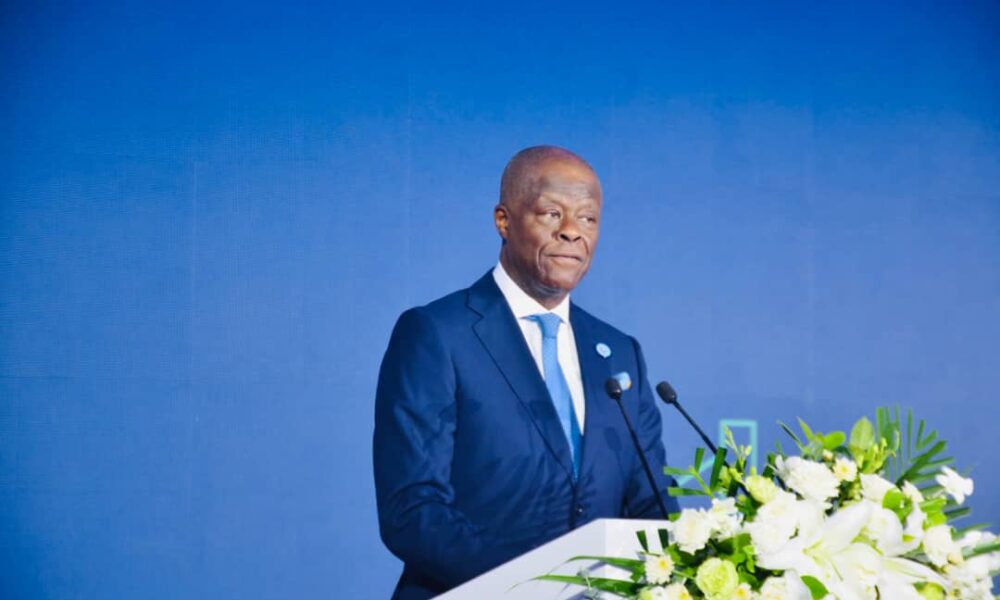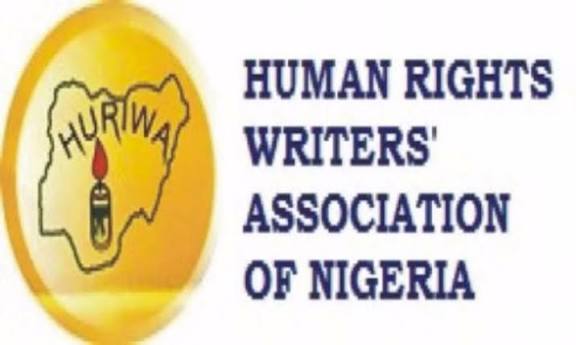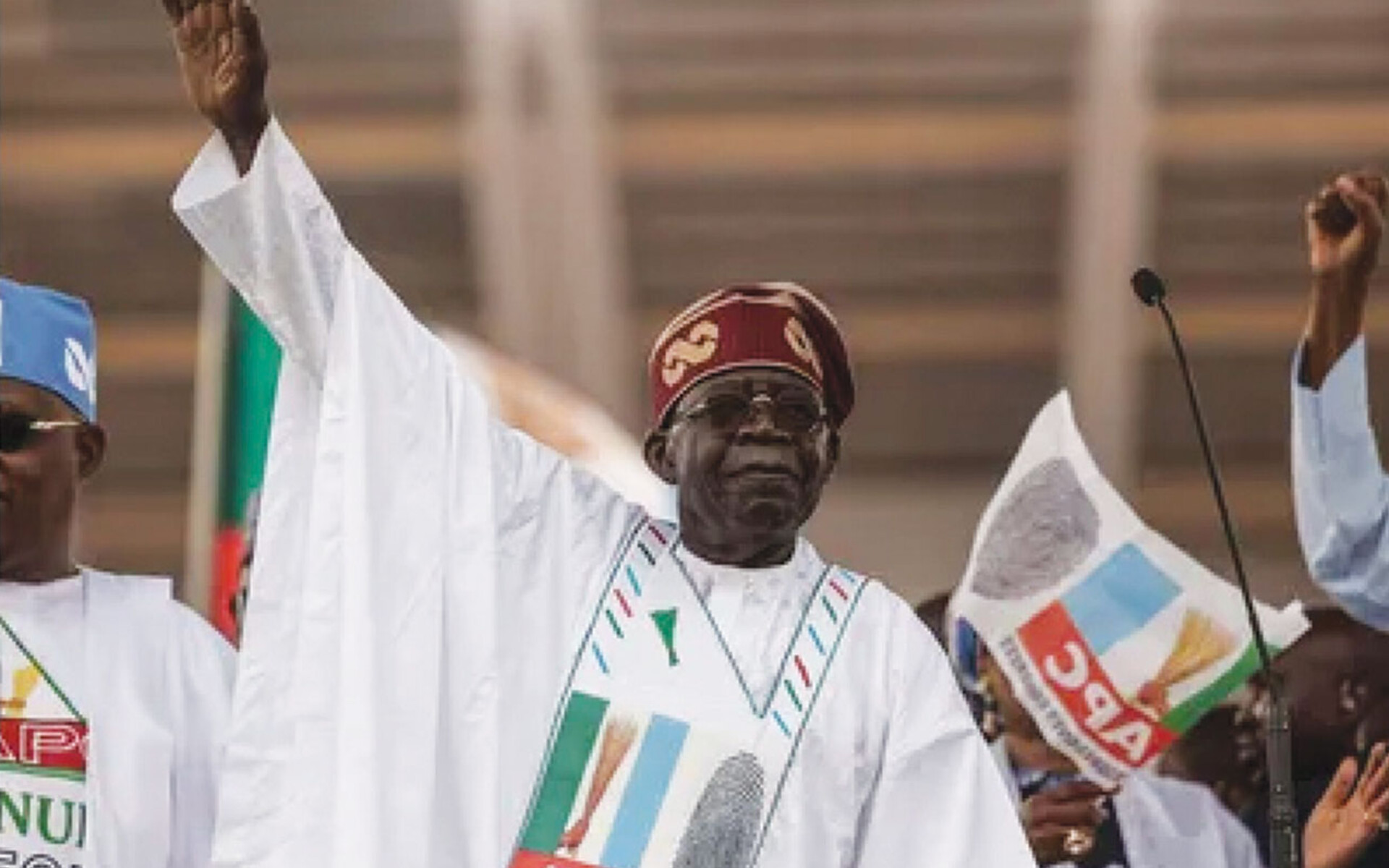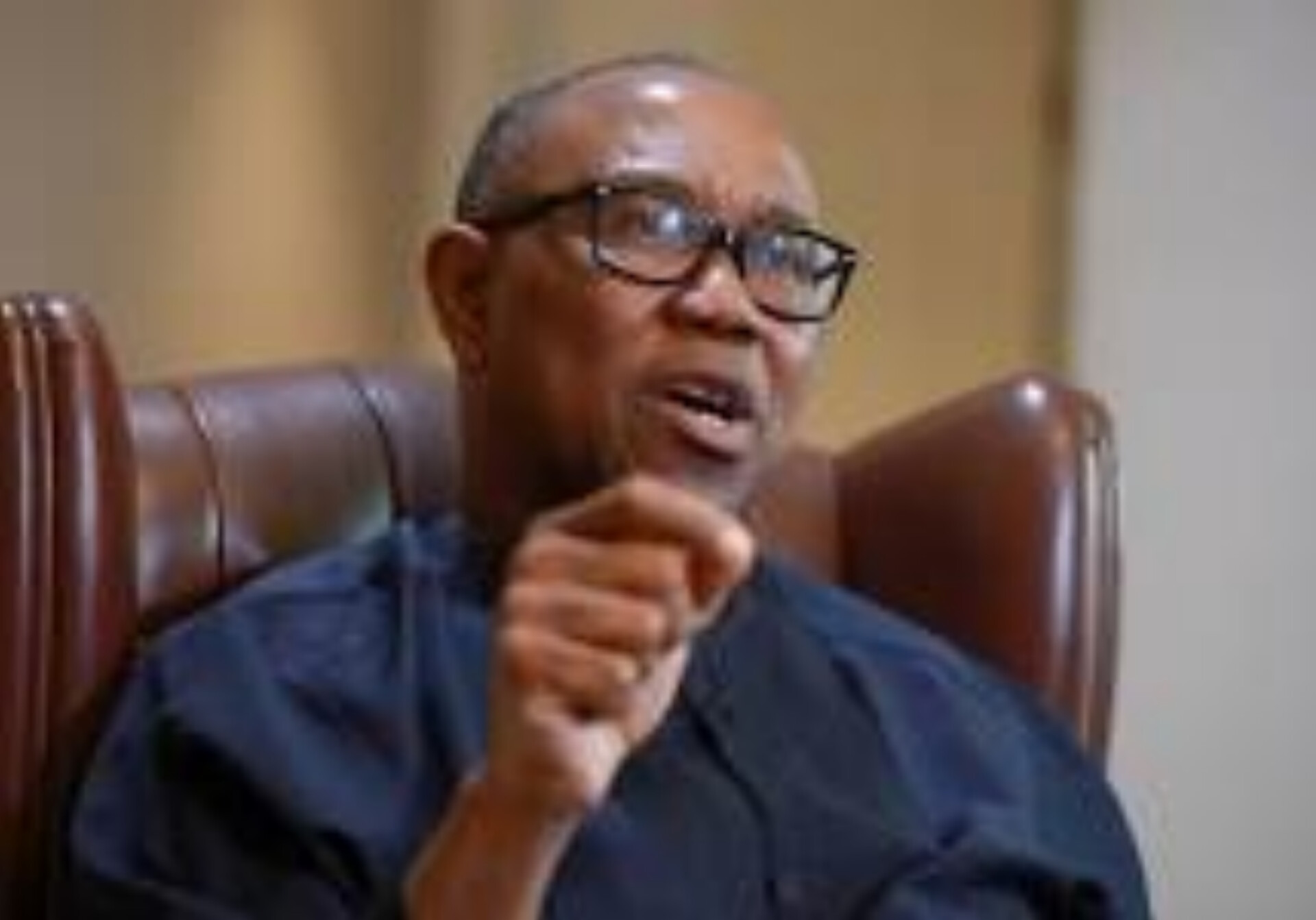In a historic trade conference, Nigeria and China have solidified their economic partnership with a landmark agreement worth $3.3 billion.
The event, chaired by Honourable Minister of Finance and Coordinating Minister of the Economy, Mr. Wale Edun, marks a significant step toward enhancing bilateral relations and fostering sustainable development.
Director of Information and Public Relations Mohammed Manga in a statement said the agreement signifies a commitment to deepening economic cooperation between the two nations, paving the way for future collaborations aimed at mutual growth.
According to the statement, the gathering was attended by key stakeholders, reflecting both countries’ dedication to establishing unbreakable bonds in trade and investment.
The statement explained that as Nigeria and China embark on this new era of economic collaboration, the focus will be on creating opportunities that benefit both economies and promote long-term development.
In his keynote address, the Honourable Minister underscored the significance of South-South cooperation, highlighting its pivotal role in Nigeria’s sustainable development goals as chair of the event, he also guided discussions that focused on critical areas of collaboration between the two nations.
Edun reiterated President Bola Ahmed Tinubu’s dedication to fostering a business-friendly environment that attracts increased investment, particularly in key sectors such as infrastructure, energy, and industry.
One of the conference’s standout outcomes was the signing of a $3.3 billion agreement to develop the Brass Industrial Park and Methanol Complex, a transformative project expected to significantly boost Nigeria’s industrial output and generate vital employment opportunities.
Infrastructure development—a cornerstone of the China-Nigeria partnership—was a major focus of the discussions.
Both nations reiterated their commitment to joint infrastructure projects, including roads, bridges, and energy systems, aimed at accelerating industrialization and driving long-term economic growth in Nigeria.
Financial and security cooperation also took center stage, with both countries agreeing to enhance intelligence sharing to combat money laundering and financial crimes. This marked a critical step toward ensuring a secure and transparent financial environment, laying the groundwork for continued economic collaboration.

As chair of the event, the Minister also highlighted President Tinubu’s bold economic reforms, designed to steer the country toward a sustainable growth path. He stressed the importance of leveraging both domestic resources and international partnerships, such as those with China, to ensure that these collaborations deliver tangible benefits to the Nigerian people.
Key infrastructure and security initiatives are seen as pivotal to achieving Nigeria’s economic objectives under the Renewed Hope Agenda, while also advancing China’s Belt and Road Initiative.
As the curtains close on the groundbreaking conference, Nigeria and China emerge as beacons of hope for a brighter economic future, especially as the conference concluded with a strong mutual commitment to ongoing engagement, open dialogue, and reinforced cooperation.
With the signing of the $3.3 billion Brass Industrial Park and Methanol Complex agreement, the stage is set for transformative growth, job creation, and sustainable development.
This historic partnership will undoubtedly propel Nigeria’s economic agenda forward while reinforcing China’s Belt and Road Initiative. As both nations embark on this extraordinary journey together, the world watches with bated breath, eager to witness the remarkable achievements that will unfold from this unbreakable bond.




